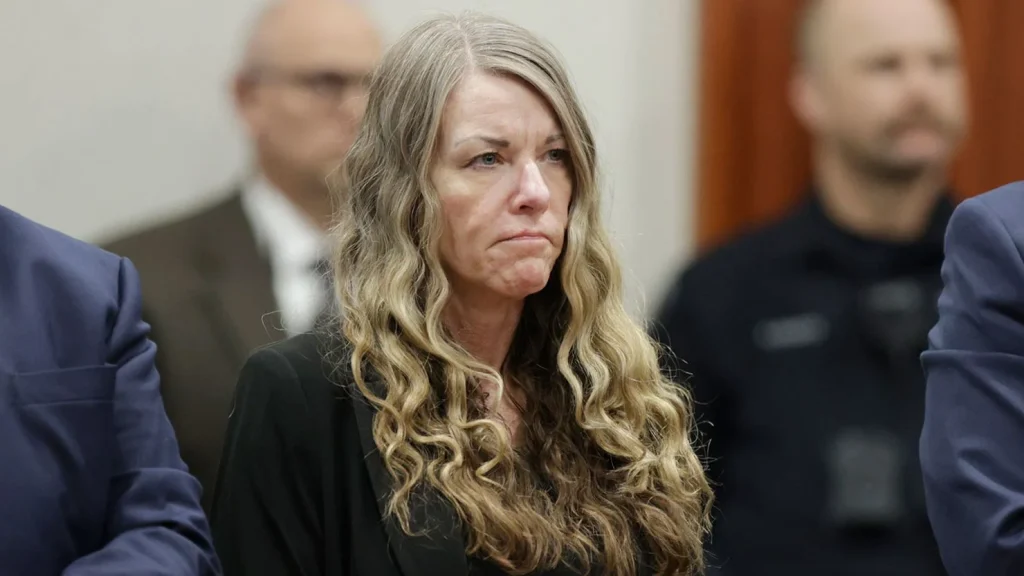A devastating incident in Duxbury, Massachusetts, has shocked the community, where Lindsay Clancy, a 32-year-old mother, allegedly strangled her five-year-old daughter and three-year-old son to death and seriously injured her seven-month-old son before attempting suicide by jumping from a second-floor window.
Clancy, now in police custody at a Boston hospital, has sparked widespread speculation about postpartum psychosis as a possible factor, though her condition remains unconfirmed.
Understanding Postpartum Psychosis
Postpartum psychosis is a rare and severe mental health condition affecting approximately one to two in 1,000 new mothers, often within two to four weeks post-delivery. Unlike the more common postpartum depression, which affects about one in eight mothers, postpartum psychosis is considered a psychiatric emergency.
It is triggered by significant hormonal fluctuations, sleep deprivation, and other stressors following childbirth, though the exact causes are not fully understood due to limited evidence linking hormonal changes directly to the condition.
Warning Signs of the Condition
Symptoms of postpartum psychosis can include hallucinations (such as hearing voices), delusions, paranoia, confusion, disorganized thinking, and severe mood swings, ranging from mania to depression. These symptoms often appear suddenly and may fluctuate, with periods of lucidity masking the severity.
Unlike postpartum depression, which may involve sadness or difficulty bonding, postpartum psychosis can lead to dangerous behaviors, including a 4% risk of infanticide and a 5% risk of suicide. Rosha Forman, director of midwifery services at Boston Medical Center, emphasizes that these are not mere “baby blues” but a severe, chemical-driven illness.
Treatment and Challenges
Postpartum psychosis requires immediate psychiatric intervention, often including hospitalization, antipsychotics, and antidepressants. Treatment can be effective, but stigma, shame, and fear of losing custody often prevent mothers from seeking help.
Forman, who has seen only two cases in 13 years, notes that even educated individuals like Clancy, a labor and delivery nurse, are not immune, highlighting the condition’s biochemical nature. Systemic issues, such as limited mental health support and brief postpartum check-ups, exacerbate the problem, leaving many mothers without adequate follow-up care.
Raising Awareness
The Duxbury tragedy has sparked a national conversation about postpartum mental health, with mothers sharing their experiences on platforms like TikTok to normalize the condition and reduce stigma. Forman stresses the importance of education and vigilant monitoring by healthcare providers and families. “We need to keep close eyes on people and educate, educate, educate,” she says, urging communities to recognize the signs and ensure timely intervention to prevent such tragedies.






